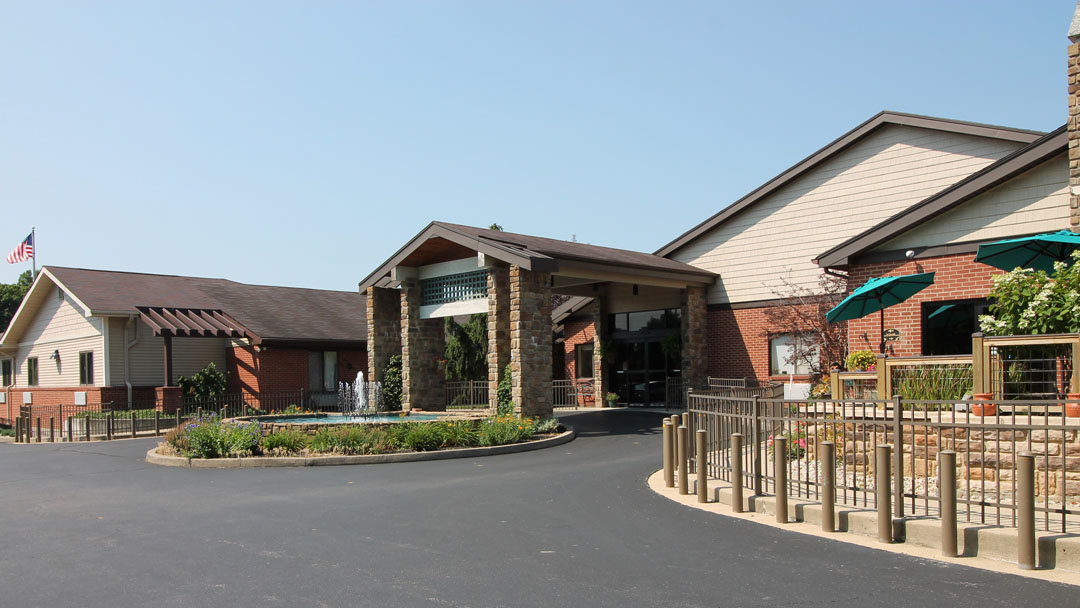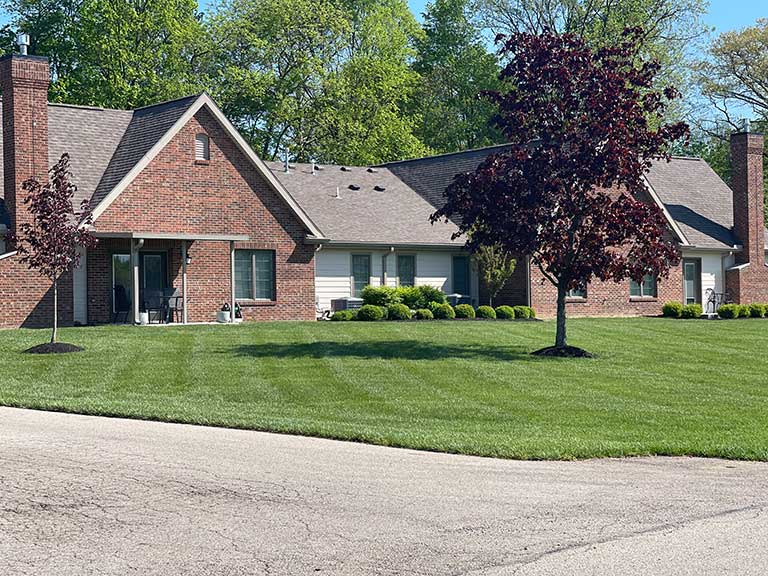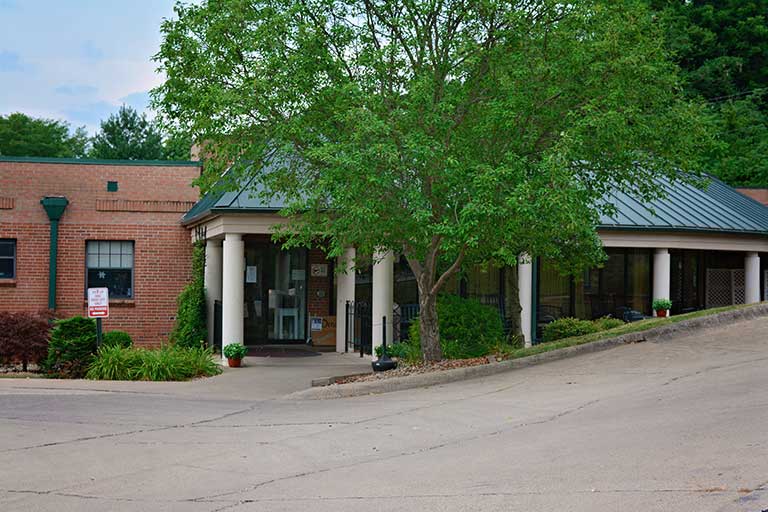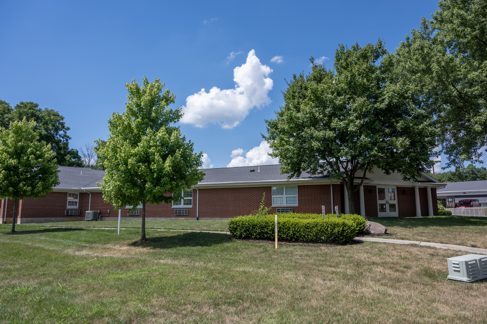What is Memory Care?
Memory care is a specialized type of senior living designed to meet the unique needs of individuals living with Alzheimer’s disease, dementia or other forms of memory loss. United Church Homes’ memory care communities are guided by the principles of compassion, hospitality and respect, ensuring that those we serve receive the highest quality of care and the opportunity to live an abundant life filled with purpose, comfort and joy.
Our Memory Care Philosophy
Our memory care neighborhoods embrace the key principles of Comfort Matters. Through fostering connections with family, friends and active listening, we seek to understand the meaningful moments from each resident’s past – their vocations, hobbies, daily routines and the activities that fill them with purpose and meaning. This approach allows us to create a personalized care experience tailored to the needs and preferences of each resident.
Find a Memory Care Community




Personalizing Care for Every UCH Memory Care Resident
No matter which United Church Homes community you choose, your loved one and their family will reap the benefits of our deep commitment to offering the best quality support and care to those we’re honored to serve.
With our faith-based roots, all of our senior living communities and service offerings ensure that everyone is treated with dignity and respect. We focus on caring for a resident wholly, including physically, emotionally and spiritually.
We are proud to serve others with exceptional quality care.
Learn More about Memory Care from UCH
If you need personalized support to make the right senior living decision for you, our community advisors would be happy to offer you their expert guidance to help you decide the ideal senior living community or service to meet your needs.






















